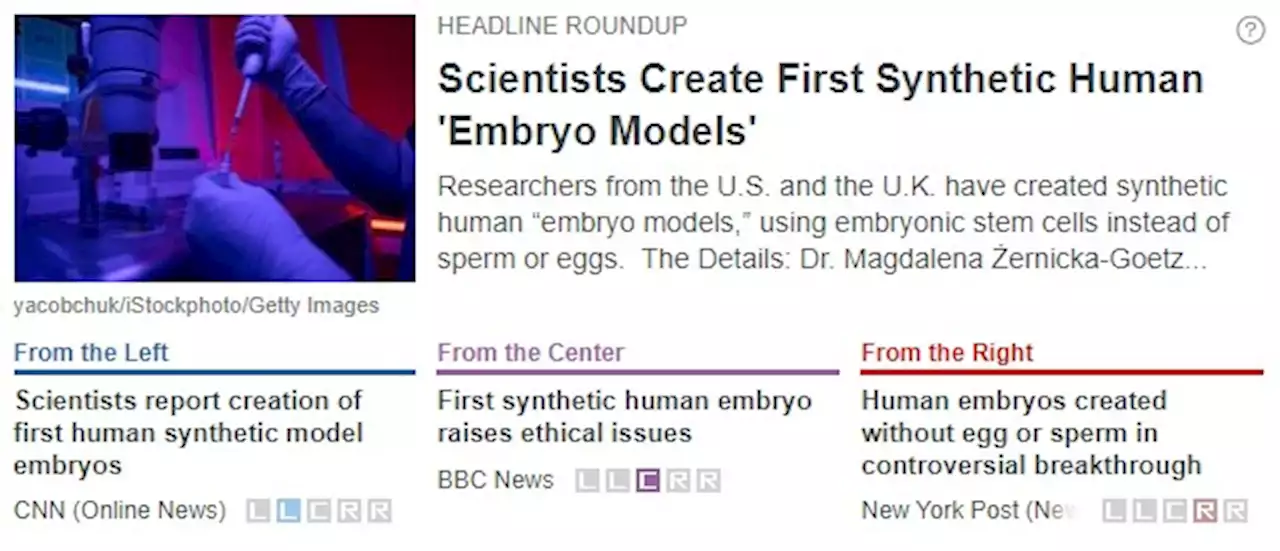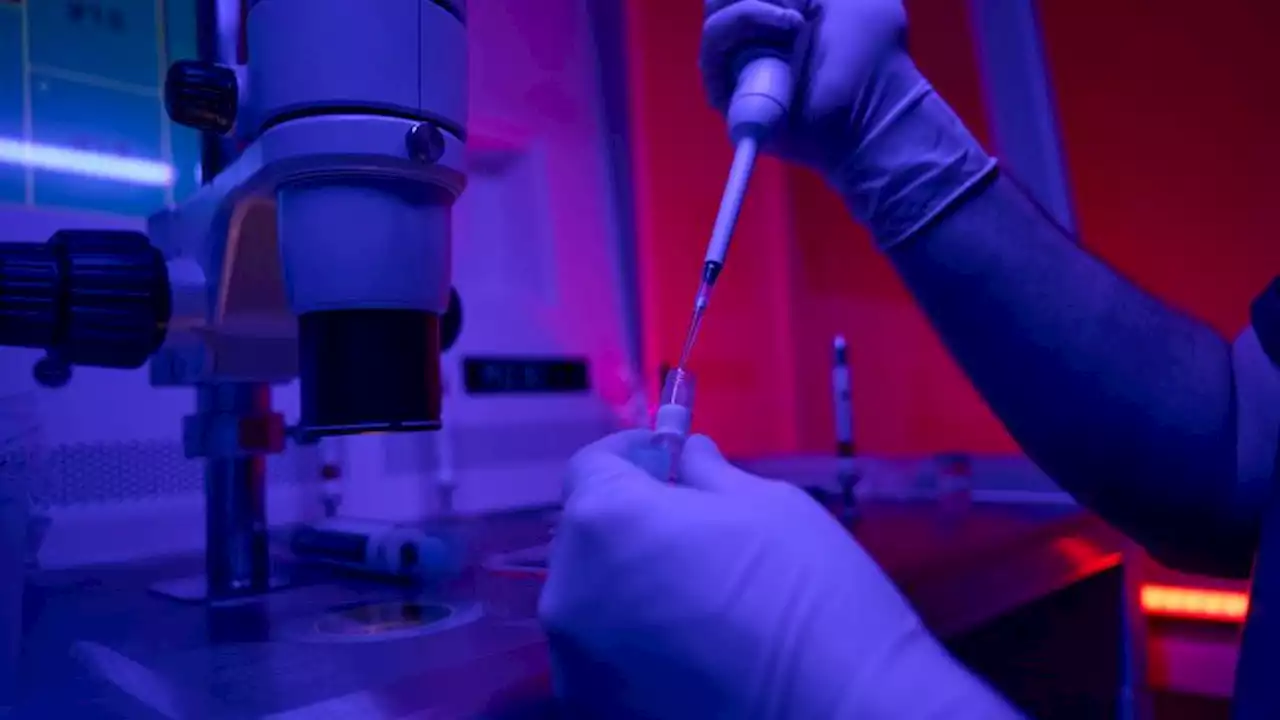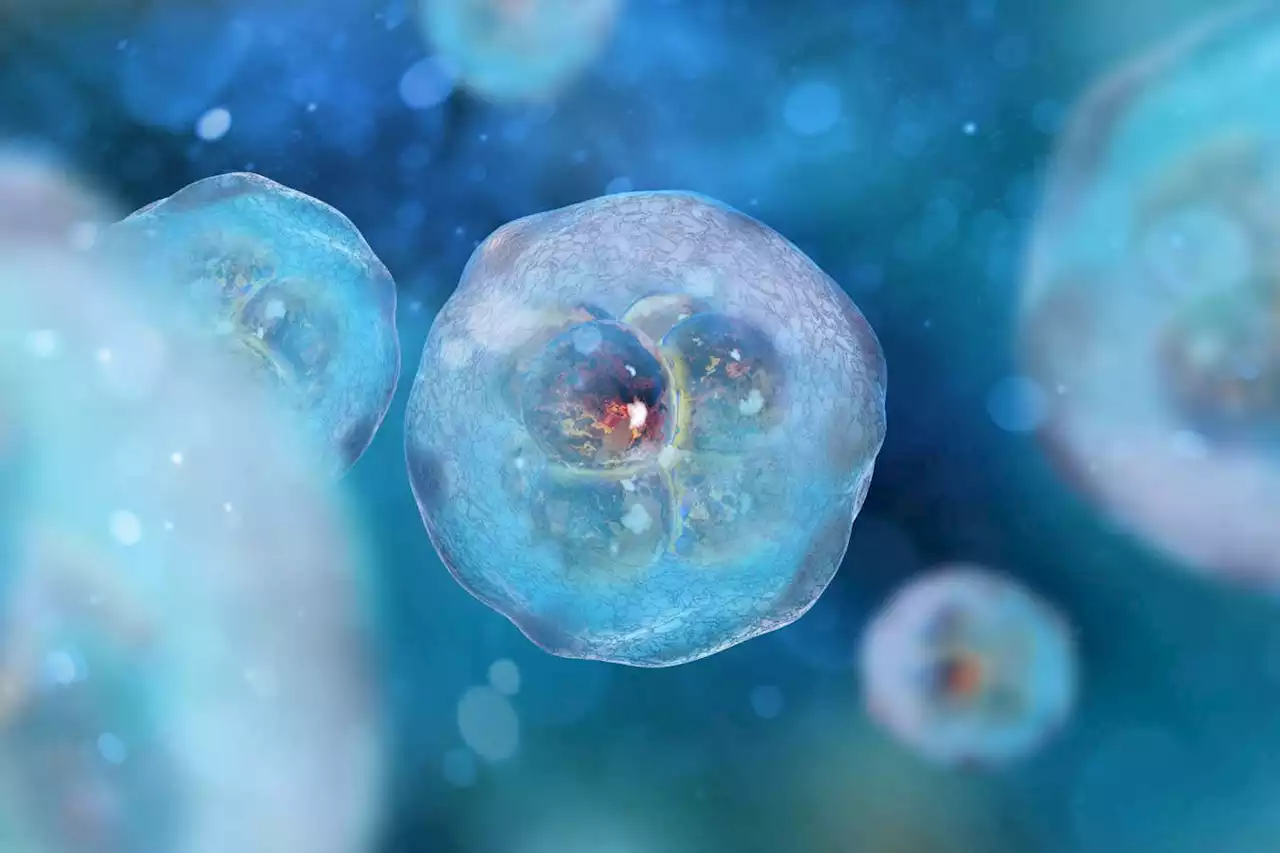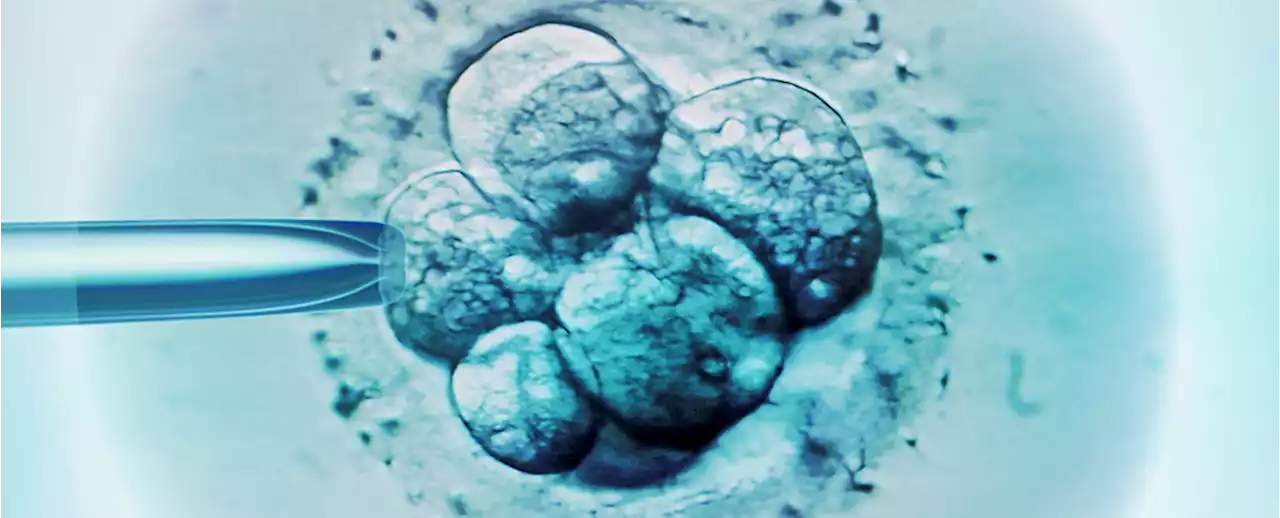In a major scientific first, synthetic human embryo models have been grown in the lab, without any need for the usual natural ingredients of eggs and sperm.
– has prompted excitement about the potential for new breakthroughs in health, genetics, and treating disease. But the science also raises serious ethical questions.cultured from a traditional embryo in the lab. Stem cells can be programmed to develop into any kind of other cell – which is how they are used in the body for growth and repair.
The work was led by biologist Magdalena Żernicka-Goetz, from the University of Cambridge in the UK, together with colleagues from the UK and US. Last year, a team led by Zernicka-Goetz was able to successfullyWe should point out that we're still a long way from creating babies artificially. These are embryo-like structures, without a heart or a brain: They're more like embryo models that are able to mimic some, but not all, of the features of a normal embryo.
At the same time, there are concerns around where this kind of synthetic embryo creation could lead. Scientists say strong regulations are needed to control this kind of research – regulations that at the moment don't really exist. As pointed out by bioethics researcher Rachel Ankeny from the University of Adelaide, who wasn't involved in the research, today scientists abide by a '14-day rule' which
United States Latest News, United States Headlines
Similar News:You can also read news stories similar to this one that we have collected from other news sources.
 Scientists Create First Synthetic Human 'Embryo Models'Researchers from the U.S. and the U.K. have created synthetic human “embryo models,” using embryonic stem cells instead of sperm or eggs. See potential bias and similarities in coverage from CNN, BBCNews and nypost: Embryo Science
Scientists Create First Synthetic Human 'Embryo Models'Researchers from the U.S. and the U.K. have created synthetic human “embryo models,” using embryonic stem cells instead of sperm or eggs. See potential bias and similarities in coverage from CNN, BBCNews and nypost: Embryo Science
Read more »
 Scientists report creation of first human synthetic model embryos | CNNA team of researchers in the United States and United Kingdom say they have created the world’s first synthetic human embryo-like structures from stem cells, bypassing the need for eggs and sperm.
Scientists report creation of first human synthetic model embryos | CNNA team of researchers in the United States and United Kingdom say they have created the world’s first synthetic human embryo-like structures from stem cells, bypassing the need for eggs and sperm.
Read more »
 What are 'synthetic embryos' and why are scientists making them?The first human embryo-like structures have been created from stem cells, in a move that could help scientists study the causes of early miscarriages
What are 'synthetic embryos' and why are scientists making them?The first human embryo-like structures have been created from stem cells, in a move that could help scientists study the causes of early miscarriages
Read more »
 Synthetic human embryos created for the first timeThe embryos, which are not the product of sexual reproduction using sperm and egg cells, offer the promise of important insight into genetic disorders.
Synthetic human embryos created for the first timeThe embryos, which are not the product of sexual reproduction using sperm and egg cells, offer the promise of important insight into genetic disorders.
Read more »
 First synthetic human embryo raises ethical issuesThe synthetic embryos - only days or weeks old - could help explain infertility and pregnancy loss.
First synthetic human embryo raises ethical issuesThe synthetic embryos - only days or weeks old - could help explain infertility and pregnancy loss.
Read more »
